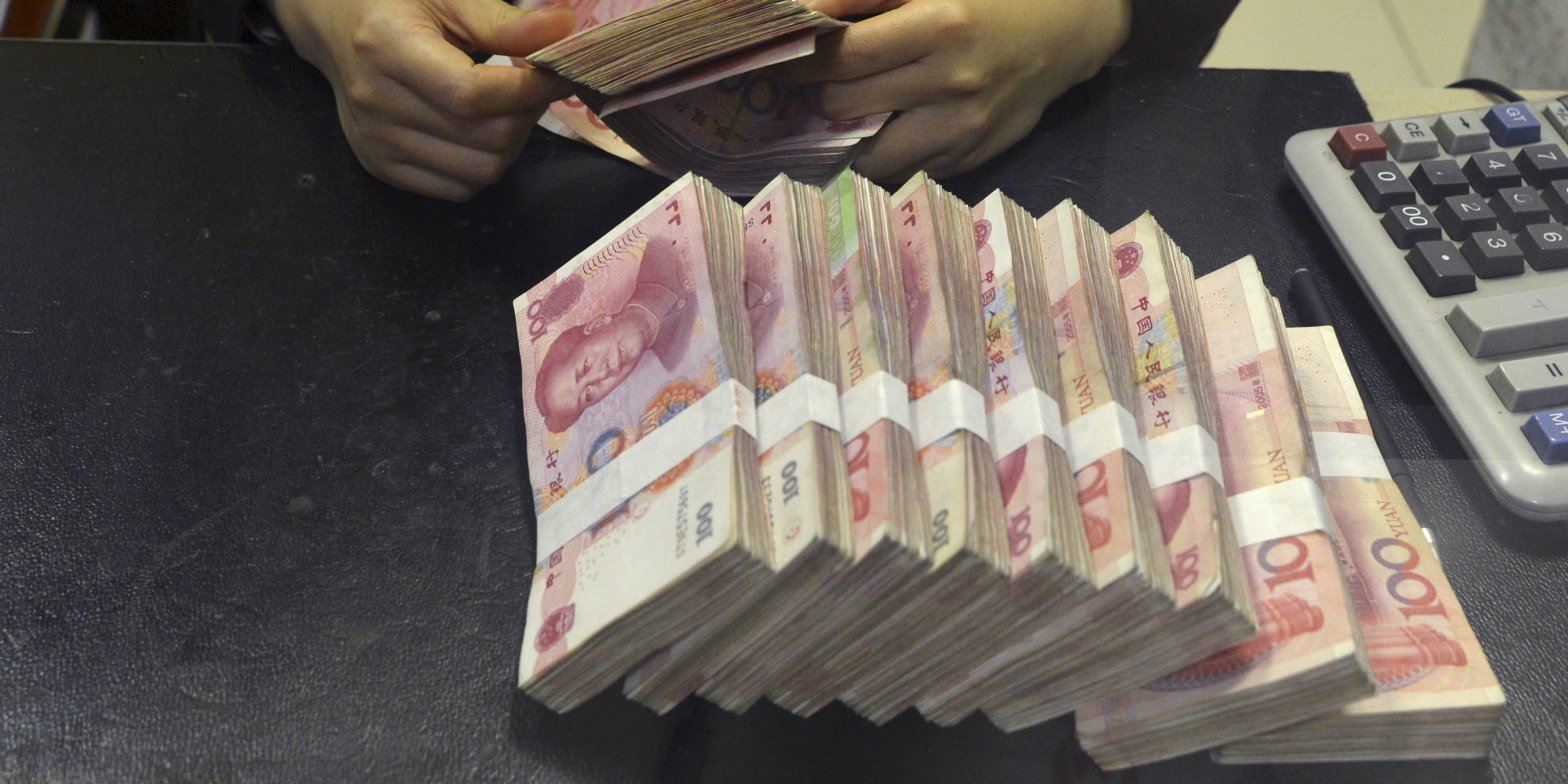China ramped up its efforts to support the struggling yuan Friday. Its central bank slashed the amount of foreign currency financial institutions are required to hold. The renminbi has plummeted against the dollar this year, with China’s economy stagnating. Loading Something is loading.
Thanks for signing up!
Access your favorite topics in a personalized feed while you’re on the go.
China rolled out new measures designed to prop up the struggling yuan Friday as Beijing made its latest attempt to give the country’s economy a much-needed boost.
The People’s Bank of China said that on September 15, it will slash the amount of foreign currency deposits financial institutions are required to hold from 6% to 4%.
The move is likely to increase the supply of foreign currencies in local markets, making the yuan more appealing as an investment for Chinese traders.
The renminbi slipped 1% against the US dollar in August, extending its losses for the year to nearly 5%. It trades at just under 7.3 yuan per dollar, close to a record low against the greenback.
Its plunge comes amid a steady flow of warning signs about the health of the Chinese economy, which is battling deflation, plunging exports, and stagnant growth.
Beijing is also grappling with a property-market crisis – and hours before Friday’s announcement on the yuan, policymakers cut down payment minimums and mortgage rates in a bid to shore up the beleaguered sector.
The yuan traded flat Friday after the government’s latest intervention, while China’s flagship CSI 300 stock-market index had edged up 0.7% by the closing bell.
